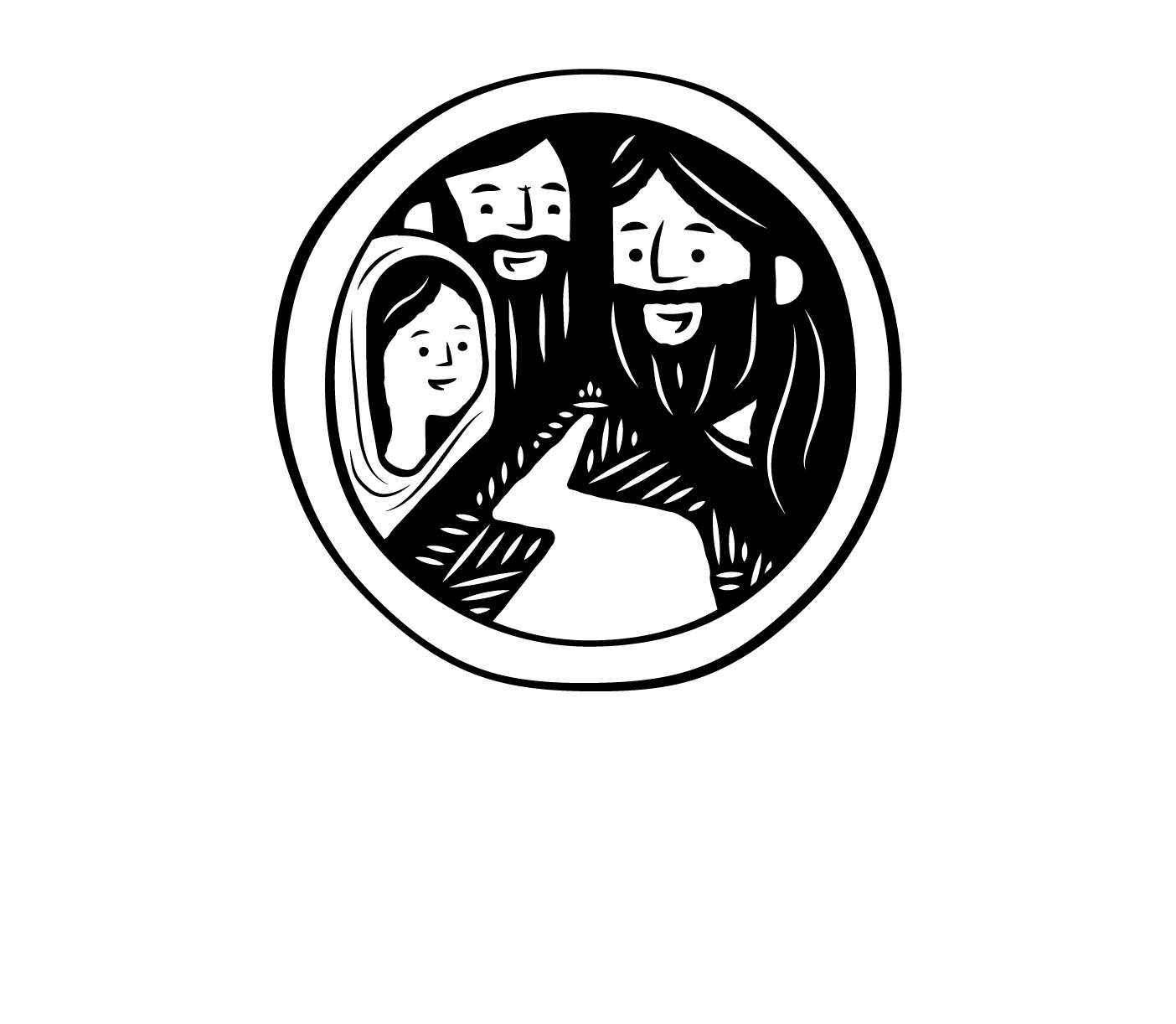Why Speak Koine Greek?
Truly reading Versus deciphering and translating
The focus of a New Testament Greek course should always be on the learners’ reading ability. At ΟΜΙΛΕΙΝ, we would have no passion to teach Greek, in fact, if it were not for the goal of leading others to read the New Testament texts and learn more about Jesus. So if the goal is to read, why should we speak Koine Greek?
Interestingly, studies have shown that to truly read in a language (that is, to truly process the information as communication), one needs to be able to read at least at the rate of speech. If one goes through a text slower than this rate, one ends up merely deciphering smaller, isolated bits of language. The big picture is lost, because the flow is too slow for the mind to keep aware of what came earlier in the text and make connections. If one can only go at the speed of this sort of clunky analysis, then one must translate into a more familiar language in order to be able to read the text at a rate that will allow for processing the bigger picture of the story or argument.
This relation of processing speech and written text is one of the main reasons, in fact, that the communicative approach we use places a heavy emphasis on students’ ability to process spoken communication in Hellenistic Greek. Only with this level of oral/aural fluency in Greek can one be able to read the New Testament fluently.
all are welcome
Everyone can learn a foreign language. When travelling the world (outside of English speaking countries), we encounter vast numbers of people who speak more than one language. Many of these people – as well as immigrants to, for example, Canada and the United States – had to begin learning a new language as an adult. Often, people without formal education may speak two, three or four languages. Yet mother-tongue English speakers often struggle to learn one foreign language. Why?
The way foreign languages are taught plays a big role in determining the possibility of success. Communicative language instruction is proven to be highly successful for all kinds of learners, from different walks of life.
Teaching Koine Greek using a communicative approach, levels the playing field for language learners. No longer is success restricted to those with an extremely analytic mind and ability to memorize vast tables of information. Rather, from pre-teens to seniors, all are able to progress in learning Greek. Teaching Greek communicatively draws on the innate feature within all humans – the desire and ability to communicate.
Fun and motivation
We can hardly begin to tell you how much fun participants have in ΟΜΙΛΕΙΝ courses.
The old way of learning Koine Greek is notoriously boring – and exhausting. Students grind through reams of material to be memorized through rote repetition, divorced from meaningful contexts. And the dizzying pace is enough to dishearten all but the hardiest (and linguistically minded) souls. But this situation is sad because it is unnecessary. Learning Greek does not need to be a chore.
Participants love the interactive aspects of the ΟΜΙΛΕΙΝ courses.
Stories. Games. Songs. Prayers. Role playing. Physical activities. Figurine theatre. And more. Language learners encounter and re-encounter vocabulary and phrases in a variety of changing contexts. And the reinforcement is constantly in meaningful contexts.
The focus remains on biblical texts. Comprehension questions for a specific text and various student activities related to it – all undertaken in ancient Greek – reinforce and grow the students’ knowledge of the language features in the text. Students maintain their level of enthusiasm, as we are continually talking about meaningful subjects during class time, focusing more on the content of what the Greek course is about – Jesus and what he has done – and less focus on linguistic forms and structures per se, and not as a goal in and of themselves.
The enjoyment that course participants derive from the language learning process creates a natural motivation to keep progressing.
life-long retention
Unfortunately, many people who take a course in Koine Greek using a traditional method will not continue to use Greek later in life. This is true even, perhaps especially, of pastors. Many not only do not read the New Testament in Greek, but also rarely use Greek dictionaries and other tools. A big contributing factor here is that Greek was not treated like a language in the classroom to begin with. People use languages to communicate, not to be diced into tiny fragments and analysed. Paul, for example, wrote his letters to be read, not to be taken apart into small phrases and labelled for their function within a sentence.
When learning a language, it’s best to build a solid house, from the ground up. We do this be using a language for what it was meant for - communication.
A language that is used for communication more naturally goes into the brain for long-term retention. That is why people who learn Koine Greek using a communicative approach are far more likely to continue engaging with the Greek New Testament years after their Greek courses. If you want to get your money’s – and your time’s – worth, then learn Greek in a course that uses it as a language for communication between people.
Personal experience
Dr. Jordash Kiffiak lived over eight and a half years in Israel and four years in Switzerland. He learned to speak and read fluently in modern Hebrew and German. In his personal experience, attaining spoken fluency is what it takes to achieve reading fluency in a foreign language. In seventeen years of experience teaching ancient Greek, he has found that the language learning principles for modern languages are transferable to the study of ancient languages.





